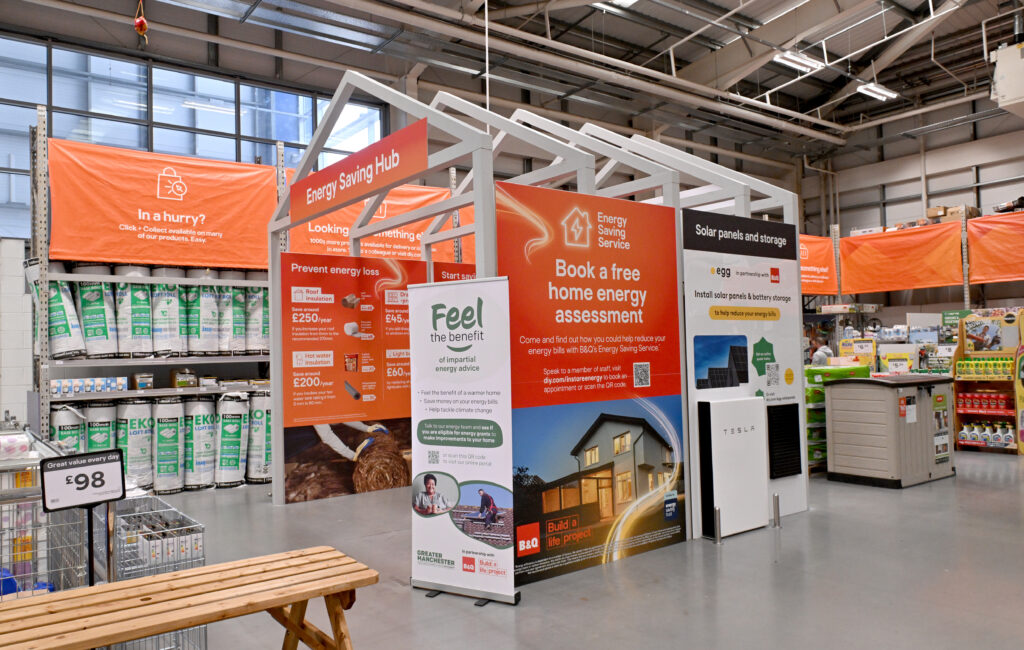Clothing retailers must differentiate themselves if they are to survive a consolidating market
Christian Wylonis – Founder & CEO of Fitbay.com commented:
It is not surprising that online clothes retailers are starting to consolidate. Economies of scale in ecommerce are large when it comes to purchasing, warehousing, and distribution. Most online clothes retailers are losing money because of low gross margins (price pressure) and high distribution costs (free returns). That‘s why there will only be one winner in online clothes retail – just like
Amazon is the winner in most other ecommerce categories. Clothes ecommerce is in a race to become ”the Amazon for clothes” – and this could be Amazon themselves if they buy Asos.
As online clothes companies consolidate, smaller etailers will face even larger pressure on price, assortment, and additional services. The effect will be that many smaller online clothes retailers will eventually close or join the ”consolidation game.” A large acquisition of Asos may just spark a string of acqusitions by the large ecommerce players such as Amazon, eBay, Zappos, and Zalando.
As the market becomes increasingly competitive, there will be no way for smaller etailers to compete on price and shipping. That means that etailers need to look for other ways to differentiate themselves. This could be through addressing certain niche markets or providing other services that the large etailers can‘t provide.
One of the largest issues facing fashion-based ecommerce is the high return rate which is currently around 40%. Most of these returns are driven by incorrect size or fit. Providing a consumer solution to this problem may be enough to compete for consumer attention with the large etailers. My company, Fitbay (www.fitbay.com) provides a way for consumers to discover clothes that fit, inspired by what their body doubles are wearing. This is a service that the traditional clothes etailers cannot provide and may make them a winner in the market.
And finally in social media news:
Looking at the countries depleted ice shelves you would be forgiven for thinking that England was in the middle of a heatwave. However, it is the filling of buckets, not Pimms, that is to blame for the nations melting ice stocks.
Anyone who has had not been living under a rock for the past fortnight will be familiar with the ALS ice bucket challenge in which people are nominated to pour a bucket of ice cold water over their heads. Despite the craze receiving some criticisms, it is impossible to deny that it has made a considerable amount of money for MNDA, the charity that researches Amyotrophic lateral sclerosis (ALS).
Retailers have also been benefiting from the craze. Tesco have sold 36million ice cubes in the past week and have donated £20,000 to the Motor Neurone Disease Association (MNDA) ; they have ‘challenged‘ other retailers to do the same.
Greg Sage, community director for Tesco said: “The ice bucket challenge has done an amazing job of raising awareness of motor neurone disease – an incredible number of people all over the world have taken part, including a huge number of Tesco colleagues.
“We‘ve seen a big increase in sales of bags of ice as a direct result of this phenomenon, and we want the Motor Neurone Disease Association to be the ones to benefit.”
Meanwhile a few of the countries other ice suppliers have been responding to the fresh demand. Sainsbury‘s public relations ambassador for Fareham, stated: “We have been selling excessive amounts of ice and sold 60 bags in one shop in the space of about five hours.” Morrison‘s have said that customers can get free ice from their fishmonger counters and a spokesperson from IceCo has stated that they will donate a proportion of their profits.

















